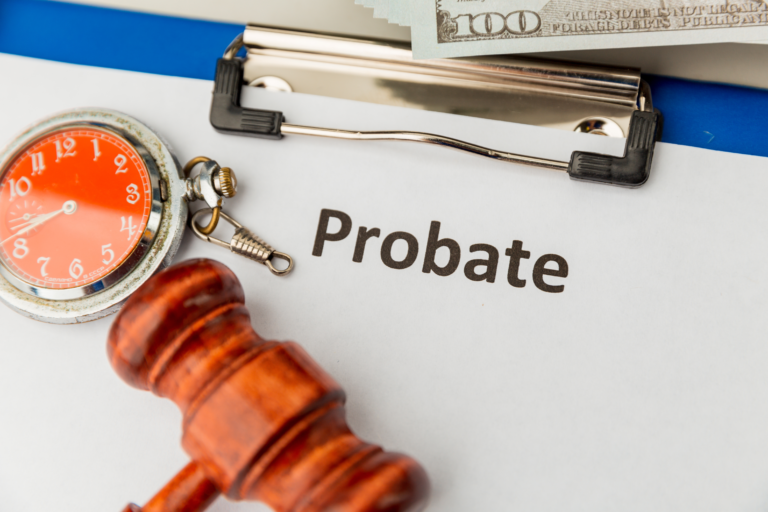In a trust, the person creating the arrangement (referred to as trustor or settlor) transfers the ownership of assets to a trustee (fiduciary) for the benefit of one or multiple beneficiaries.
Upon the trustor’s death, the trustee must distribute the assets held in the trust to their rightful owners under the instructions in the trust instrument. How long does a trustee have to distribute assets in Florida? Keep reading to find out.
Trustee’s Duty to Protect and Distribute Trust Property – As Provided by Law
The trustee owes a fiduciary duty to the property held in the trust and its beneficiaries.
Florida Statutes §736.0817 provides that “upon the occurrence of an event terminating or partially terminating a trust, the trustee shall proceed expeditiously to distribute the trust property to the persons entitled to the property (…).”
Among the trustee’s duties, Florida Statutes 736.0816 (22) provides that on the distribution of trust property or the division or termination of a trust, the trustee must:
- Make distributions in divided or undivided interests
- Allocate particular assets in proportionate or disproportionate shares
- Value the trust property for those purposes, and
- Adjust for resulting differences in valuation
Florida Statutes 736.0816 (25) adds that upon the termination of a trust, a trustee must “exercise the powers appropriate to wind up the administration of the trust and distribute the trust property to the persons entitled to the property (…).”
Please note that the property held in the trust is “subject to the right of the trustee to retain a reasonable reserve for the payment of debts, expenses, and taxes.”
How Long Does a Trustee Have to Distribute Assets in Florida? – An Honest Overview
Florida law requires that the distribution of trust property must happen within a “reasonable” time. As the term “reasonable” does not specify a preset time limit, the period involved in the distribution of trust property may vary based on what the trust directs the trustee to do.
If the trust directs the trustee to make the distributions upon the death of the Settlor, an efficient trustee may wrap up and distribute the liquidated assets of the trust within a few weeks.
Depending on the case, a trustee may proceed with a preliminary distribution to the beneficiaries before the final distribution is concluded. Hence, it is crucial to work with an expert trust attorney to assess whether a partial distribution can be made.
Are There Issues that May Hinder an Expedited Trust Distribution?
Several problems may affect a trust distribution negatively. Depending on the severity of the issue, it may result in trust distributions requiring more than two years to complete. Examples of situations that may hinder an expedited trust distribution in Florida include:
- Invalid trust instrument (wholly or partially)
- Trust contests
- Trustee removal lawsuits
- Trustee suspension lawsuits
- A trustee’s breach of fiduciary duty
- A trustee’s failure to file the required tax returns
- Legal disputes between beneficiaries
- Legal disputes between the beneficiaries and the trustee
Do You Want to Ensure an Expedited Trust Distribution? – Immediately Contact Your Florida Probate Lawyer
Waste no time with uncertainty – call Attorneys Romy B. Jurado and Diana L. Collazos at (305) 921-0976 or email [email protected] to schedule a consultation.






